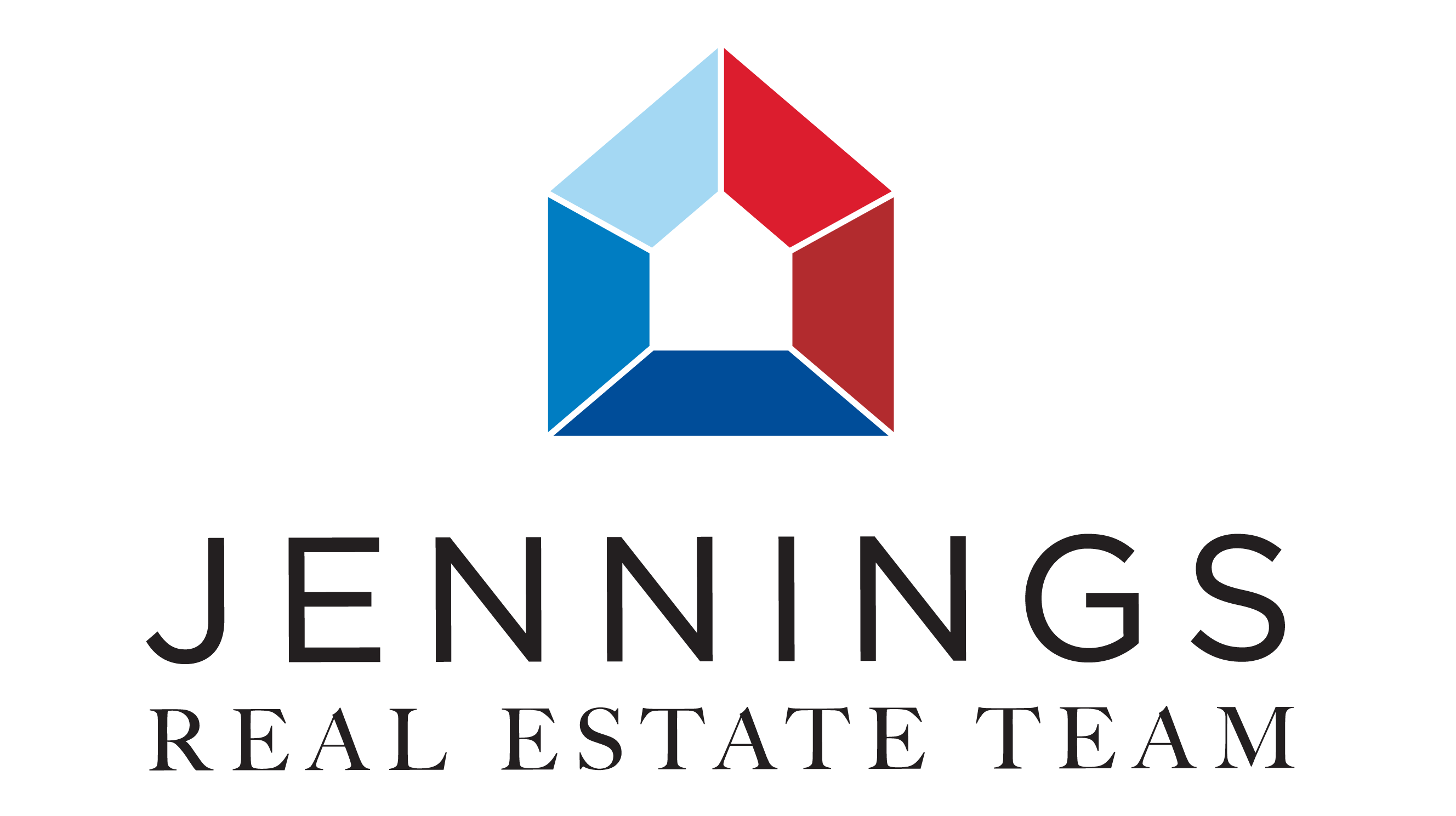3 Key Real Estate Contract Terms Defined: Contingent vs. Under Contract vs. Pending
Think back to the last time you were searching for homes... If you're actively working to find a home, that may have been just a few minutes ago.
Chances are you saw terms while searching that you may or may not know the true meaning of. This can be frustrating, especially if you've found a home that you love that has been marked "under contract."
Similarly, if you're thinking about selling your home, you may be wondering what the different stages of the process are once you've accepted an offer but before you've handed over the keys.
This blog post will peel back the curtain on 3 key real estate terms so that you know exactly what you're looking at while buying or selling.
Under Contract
A home is considered under contract when the buyer submitted an offer to buy the property and the seller has accepted the offer. This means that both parties have committed themselves to proceed with the transaction, and it will proceed once any contingencies are met or waived by either party.
If a property is under contract, there is a chance that the deal can fall through due to unforeseen circumstances. In some cases, you may still be able to still make an offer on a property listed as under contract.
Contingent
Once your home is under contract, but some contingencies need to be met, your property is considered contingent. A contingent contract means that some condition hasn't yet been met, and both parties have not agreed to move forward with executing the deal as planned. This could be because of financing, inspection reports coming back unacceptably high, or if the offer depends on the buyer selling their home or the seller buying a new one. Once those problems are addressed, the deal can continue as planned. A contingency is anything that needs to happen before the deal can actually take place.
If you're selling your home, setting contingencies protects you if something comes up with either buying another property or finding an acceptable offer from someone who wants to buy yours. Setting these conditions makes sure everything goes as planned before entering escrow.
Pending
Now that the seller and the buyer have agreed to each other's terms and all contingencies have been met, the home is marked as pending and taken off the market. The deal hasn't closed yet, but being in the pending stage is the finish line of the deal.
While there is a chance that a property with the pending status can return to the market due to an inspection, appraisal, or financing issue, the chances are lower at this stage.
It doesn't have to be confusing
If you're thinking about selling your home but are unsure of the process, we can help simplify and answer questions.
We have you covered
Our goal is to make the process of selling your home as easy as possible. We'd love to show you how.




